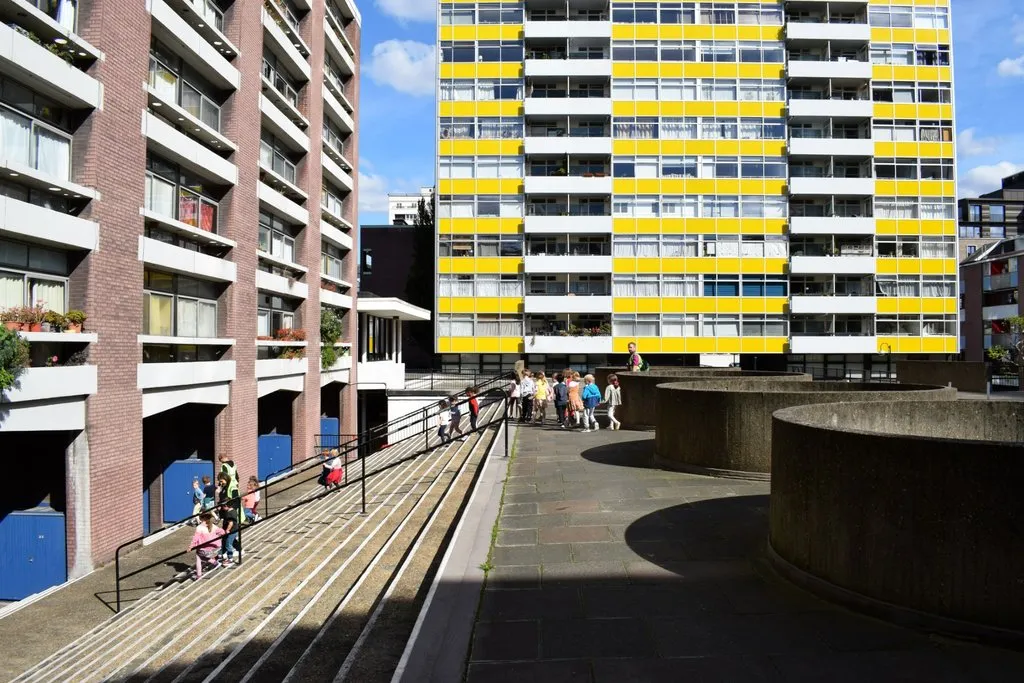
An Oxford University professor has sparked a passionate debate, claiming that state school pupils are struggling to read long books—an issue he sees as a troubling sign for the future of literacy and critical thinking in the UK. Sir Jonathan Bate, a professor of English at Oxford, recently spoke on BBC Radio 4’s Today Programme, expressing deep concerns about what he calls a “disconcerting reading-skills gap.” According to Sir Jonathan, state-educated students, often preoccupied with “crowd control” classroom environments, lack the exposure to lengthy novels that once fostered a robust literary culture.
Sir Jonathan’s comments are in keeping with a recent The Atlantic article highlighting a similar trend in the US, where incoming college students from certain educational backgrounds find themselves unprepared for the demands of university reading. For many, this isn’t just an academic issue—it strikes at the heart of what it means to engage with literature and develop the ability to think deeply and critically. He notes that today’s students may struggle to finish even one novel in three weeks, a striking contrast to earlier generations who tackled multiple books in the same timeframe.

He laments what he describes as the “John Steinbeck effect.” Schools increasingly turn to shorter texts, like Of Mice and Men, instead of lengthier works such as The Grapes of Wrath. While there’s no doubt these shorter works are valuable, Sir Jonathan worries that this trend undercuts students’ capacity for sustained, in-depth reading. “When I started teaching,” he recalls, “we could assign three Dickens novels in a week. Now, many students would struggle to get through one novel in three weeks.” This shift, he argues, not only undermines literacy but also erodes students’ ability to engage deeply with texts—an ability essential for both personal growth and academic success.
While some may blame smartphones and social media for this decline, Sir Jonathan suggests that diversity initiatives in elite universities may also play a role. As institutions like Oxford and Cambridge widen their reach to include more state school pupils, he contends, it becomes clear that these students often haven’t developed the same reading habits as their privately educated counterparts. And while these efforts are laudable for promoting social mobility, they reveal stark differences in educational preparation.
But the implications extend far beyond the classroom. Sir Jonathan warns that the decline in deep reading skills could have ripple effects across society. “If people aren’t reading deeply, what happens to the next generation of writers?” he asks. “The quiet, thoughtful reading of great books is not only good for mental health but is also vital for building skills of concentration and critical thinking. When this falls away, it’s not just culture that suffers—it’s the economy, it’s society, it’s the individual.”
His insights prompt important questions about the role of schools in nurturing a love for literature. Should educators be encouraged to push for longer, more complex texts? Can the UK find a balance between widening access to higher education and ensuring students are well-prepared? These questions are becoming more pressing as universities strive to accommodate students from a broader range of backgrounds while upholding academic standards.
The UK’s ongoing focus on widening access to higher education is crucial, but it’s also a reminder that diversity and academic rigour must go hand-in-hand. As Sir Jonathan’s comments reveal, there’s a genuine concern that the nation’s literary culture could be at risk. If we want a future where young people are inspired by books, challenged by ideas, and equipped to think critically, perhaps it’s time to reflect on the ways we engage students with literature.
For more thought-provoking discussions on the future of literacy, education, and the role of literature in our lives, visit EyeOnLondon. Stay informed on the latest debates shaping our schools, universities, and cultural heritage.









